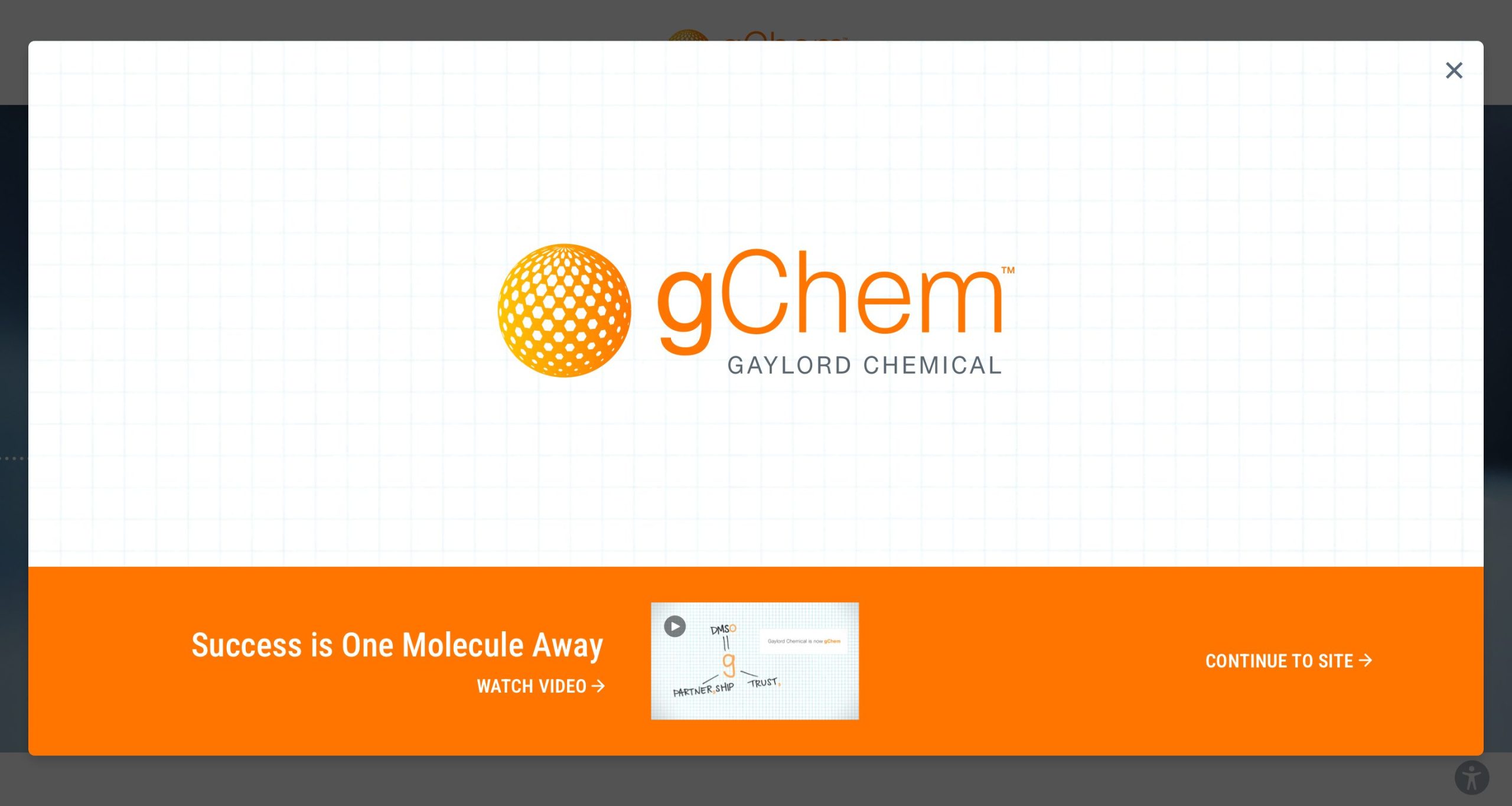The isomerization of simple alkenes (e.g. 1-pentene, 1-hexene) with potassium t-butoxide does not occur in tert-butanol, THF or 1,2-dimethoxyethane. However, in DMSO with potassium tert-butoxide as the base, 1-olefins can be converted to 2-olefins, e.g. 2-methylpentene to 2-methylpentene [Schriesheim, A.; Hofmann, J. E.; Rowe, C. A., Jr. , J. Am. Chem. Soc. 83, 3731-3732 (1961)].
The isomerization of allyl ethers to propenyl ethers occurs 1,000 times faster in DMSO than in dimethoxyethane and 10,000 times faster than in dimethoxyethane-t-butanol mixtures [Price, C. C.; Snyder, W. H., J. Am. Chem. Soc. 83, 1773 (1961)]. This facile isomerization of allyl to easily hydrolyzed propenyl groups enables the use of allyl groups as blocking agents [Gigg, R.,J. Chem. Soc. Perkin Trans. 1, 712-718 (1979)]. For example, 9 -allyladenine is isomerized with potassium t-butoxide in DMSO to the propenyl compound which is then easily hydrolyzed to regenerate the amino group [Montgomery, J. A.; Thomas, H. J., J. Org. Chem. 30, 3235-3236 (1965)].
Similarly, S-(2-propenyl)-L-cysteine is isomerized to cis-S-(1-propenyl)-L-cysteine by reaction in potassium tert-butoxide and DMSO [Carson, J. F.; Boggs, L. E., J. Org. Chem. 31, 2862-2864 (1966)].







